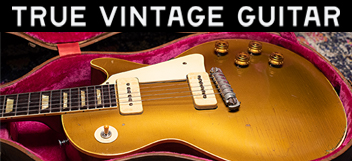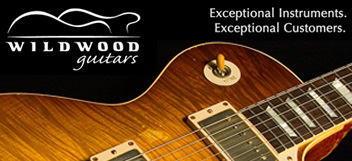JPP-1
Well-known member
- Joined
- Jul 11, 2006
- Messages
- 1,336
I've posted on this many times.
There people who say that the acoustic properties don't matter with an electric guitar. That is proven false as soon as the subject of 335s comes up. The same effect that wood has on a 335 effects a how a Les Paul sounds, just to different degrees.
How a Les Paul sounds acoustically is certainly an indicator of some of the qualities that can be exploited plugged in.
Most players just don't get it or care.
You are 100% correct but you do understand that total amplitude which was the OPs question is just one of many acoustic properties.
When I've purchased acoustic guitars in the past I've always chosen the one that sounds best, best of course is subjective: harmonics, overtones, warmth/bright balance etc. total loudness is for me secondary to tone, even on an acoustic.
From my experience, the total unplugged amplitude of an electric guitar is indicative of its unplugged volume output. Some acoustically loud electric guitars sound great, some don't. But I do agree that the overall acoustic tone of an electric guitar does certainly have an impact on its plugged in tone.



